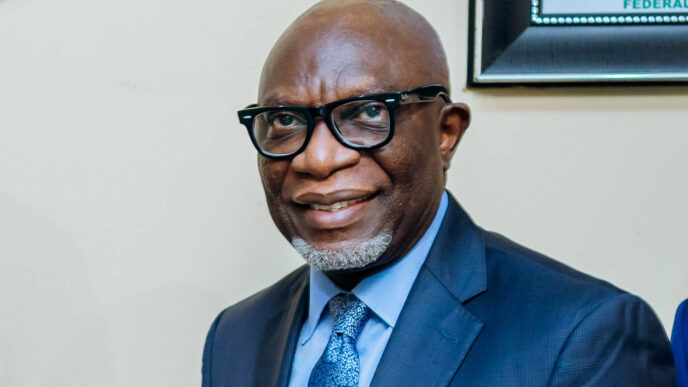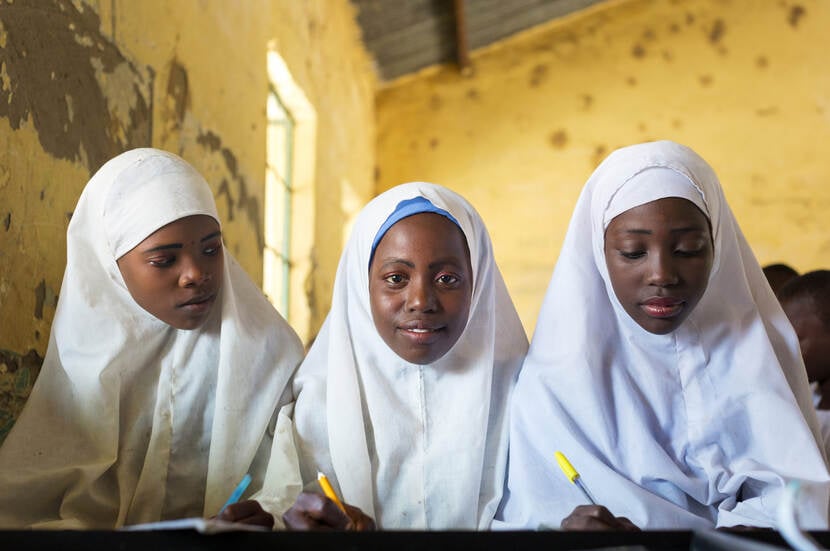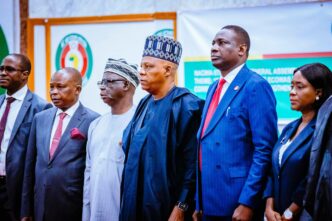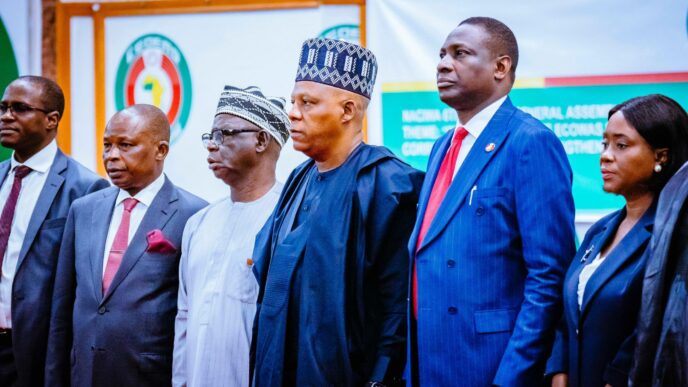BY LEKAN ADENIRAN
Established in 1976, Ogun state has experienced profound changes in its urban environment in recent decades. With the acceleration of urbanisation, the demand for housing has surged, presenting numerous challenges such as inadequate infrastructure, environmental degradation, and social inequality. The conventional housing model, marked by sprawling informal settlements and a lack of strategic planning, has become unsustainable. As a result, urban regeneration has emerged as a critical strategy to redefine this narrative, promoting a more inclusive, equitable, and environmentally sustainable housing framework.
Urban regeneration, championed by the administration of Prince Dapo Abiodun, entails the holistic revitalisation of urban areas through economic, social, and physical enhancements. In Ogun state, the rapid expansion of cities like Abeokuta, Ijebu-Ode, Sagamu, Ilaro, and Ota underscores the urgent need for innovative housing solutions. The current housing stock often fails to accommodate the growing population, leading to overcrowding and substandard living conditions. Urban regeneration efforts are poised to address these challenges by incorporating sustainable development principles and contemporary urban planning methodologies.
A fundamental component of urban regeneration is the redevelopment of underused or neglected spaces. In Ogun State, many areas suffer from disrepair, with abandoned structures and vacant lots contributing to urban decay. The current administration aims to transform these spaces into vibrant residential communities, thereby creating appealing living environments that cater to a diverse population. This transformation not only enhances the visual appeal of the area but also stimulates local economies by attracting businesses and investors.
Advertisement
Recognising this need, Prince Abiodun’s government has targeted the Ibara Housing Estate as the initial focus of its regeneration initiative, which is expected to extend to other regions within the state, maximising available spaces and creating interconnected urban hubs, as articulated by the housing commissioner Jagunmolu Akande Omoniyi.
Constructed in 1976 when Ogun state was carved out of the former Western Region, the Ibara Housing Estate spans 32 hectares and is valued at over N20 billion at current market rates. It was originally comprising 232 two- and three-bedroom bungalows, and many of its areas remain undeveloped and the existing buildings have deteriorated, detracting from the area’s overall appeal. The regeneration initiative aims to revitalise this prime location in the Gateway State.
Omoniyi emphasised: “The Ibara GRA regeneration project is best understood in the context of our history. Many of us grew up in Abeokuta, and the modest ‘pajawiri’ houses built in 1976 were designed to accommodate civil servants relocated from the Western region. Ibara was chosen for its proximity to the state secretariat at Oke Ilewo, facilitating easy commutes.”
Advertisement
He further stated: “Today, Ibara GRA is at the heart of our state capital. Although we lack oil or precious minerals, we are blessed with abundant land, which we consider a prime asset in Southwest Nigeria.”
Historically, notable government reserved areas (GRAs) like Bodija in Ibadan and Alagbaka in Akure emerged following the formation of the Western region. However, among these, Ogun state has lagged in development, preventing the state from fully realising the potential of its landmarks.
In place of the dilapidated structures, modern buildings comprising detached and semi-detached duplexes are set to rise. Currently, three hectares are undergoing transformation into a thriving urban center, designated as Cluster 1. This area will feature 35 duplexes, serving as prototypes for the government’s vision for the rest of the estate, with completion expected by the end of the year.
Cluster 11, located on Layi Balogun Street, has been subdivided into individual plots, with around 60 plots allocated. “This area is designed to include approximately 12 semi-detached units and 47 fully detached units. Each successful applicant will receive a plot and is required to commence construction promptly. Those opting for semi-detached duplexes will have designated lines to ensure uniformity. While external appearances must conform, owners can customise their interiors to their preferences,” Omoniyi noted.
Advertisement
He stressed, “We aim to prevent speculation on these properties, as this undermines the purpose of the initiative. Civil servants were relocated to facilitate this scheme, and it would be unjust for others to profit arbitrarily from it. We are committed to equitable development and aspire to commission the project by this time next year, ensuring that property values in the estate are maintained. Our vision is to create a new estate that rivals prestigious locations such as Banana Island or Parkview, providing a true home for our citisens returning from Lagos, abroad, or Abuja, eliminating their dependence on hotel accommodations during visits,” Omoniyi added.
For Cluster 11, the pricing is set at N45,000 per square meter, resulting in a 700-square-meter plot priced at N31.5 million, excluding infrastructure costs. Omoniyi highlighted that in the open market, similar plots are valued between N45 million and N50 million.
Despite facing criticism aimed at undermining its vision, the administration remains steadfast in its commitment to revolutionising housing in the state. Since 2019, the current government has delivered 4,000 affordable homes across various locations, including Kemta, Idi Aba in Abeokuta, Kobape, Ilaro, Sagamu, Ijebu Ode, and the ongoing Gateway Aviation Village project at Iperu Remo, which has employed around 50,000 artisans.
“Despite attempts to derail our progress through baseless criticisms, the government of Prince Dapo Abiodun remains resolute in its mission to transform housing in Ogun State,” the commissioner affirmed, indicating that the regeneration initiative will expand to GRAs in Sagamu, Igbeba in Ijebu Ode, and Ilaro.
Advertisement
Furthermore, the government plans to implement infrastructure upgrades within the Ibara GRA to enhance exclusivity for residents. A stakeholders’ meeting with current homeowners will be convened to discuss the security framework for the area, with restricted access for non-residents.
“If you do not have business in the GRA, there is no reason to enter. We will also explore alternative routes. While we may face challenges regarding settlements around Oloke, our goal is to ensure that GRAs worldwide are recognised as high-value areas,” Omoniyi stated.
Advertisement
He acknowledged the existing infrastructure within Ibara GRA but emphasised the need for upgrades: “Numerous drainages and culverts have failed, and many roads are in disrepair. We must address the electrification needs and engage with the Ogun State Water Corporation to ensure that residents are not reliant on boreholes.”
Adeniran is the chief press secretary to Ogun state governor, Prince Dapo Abiodun
Advertisement
Views expressed by contributors are strictly personal and not of TheCable.
Add a comment












